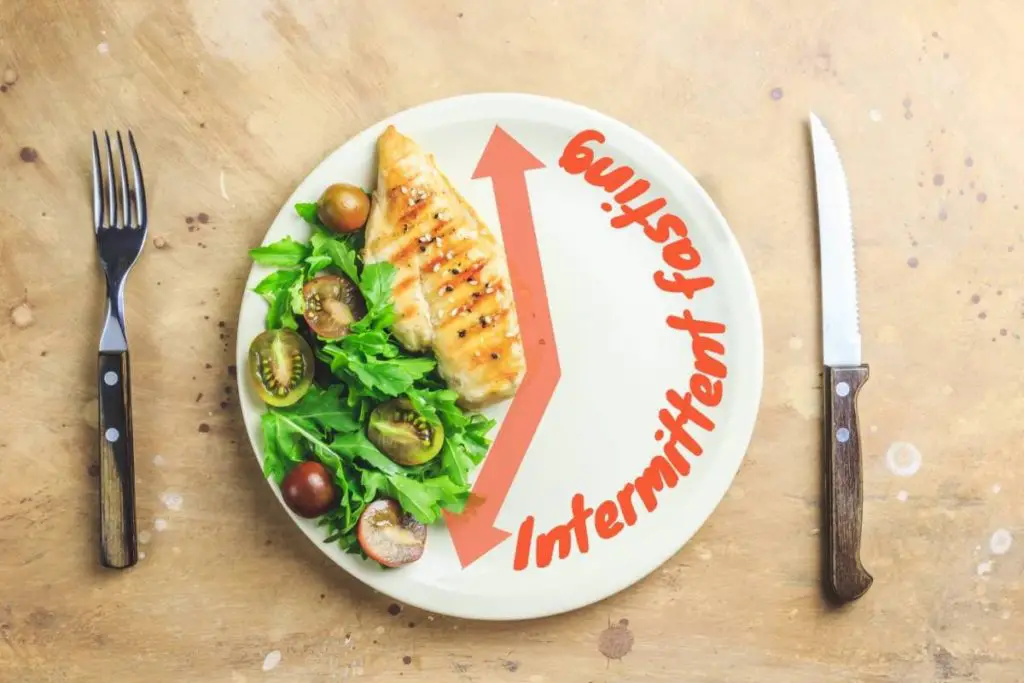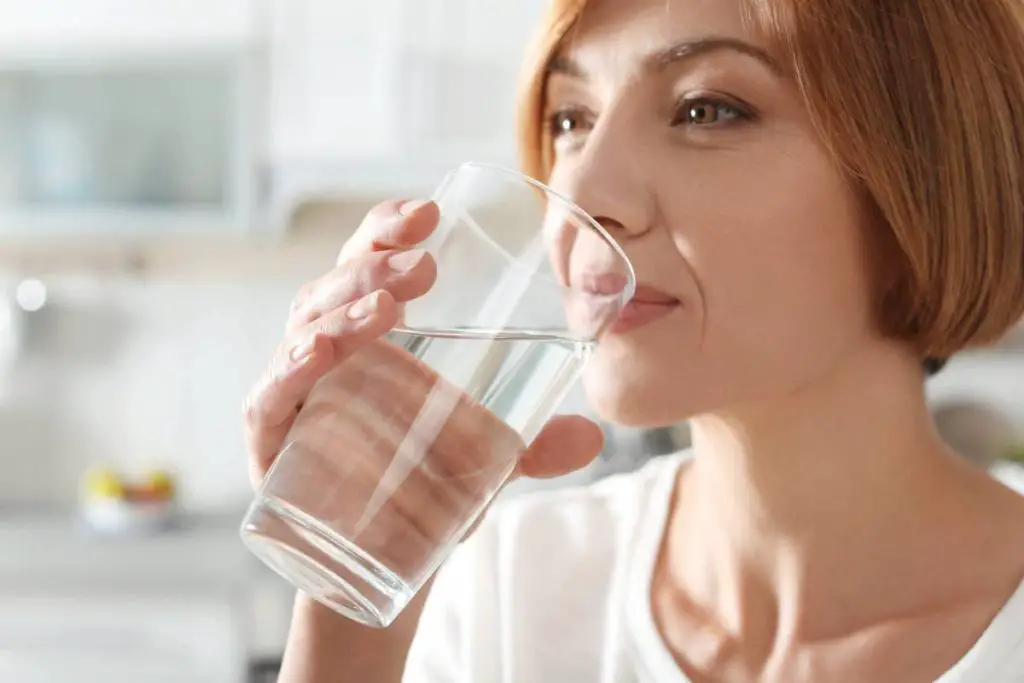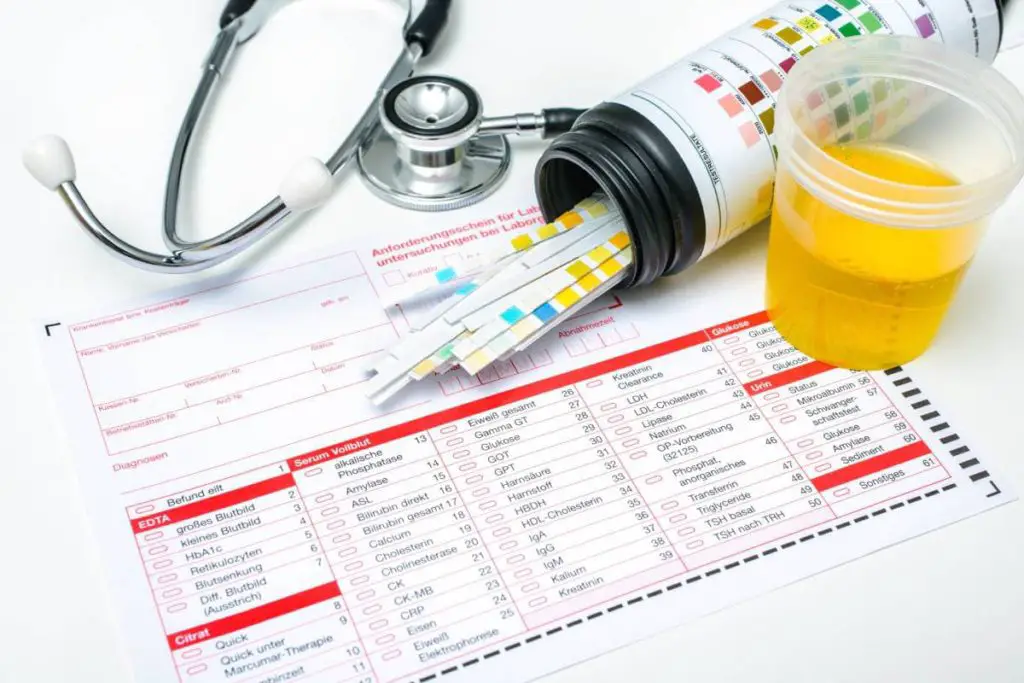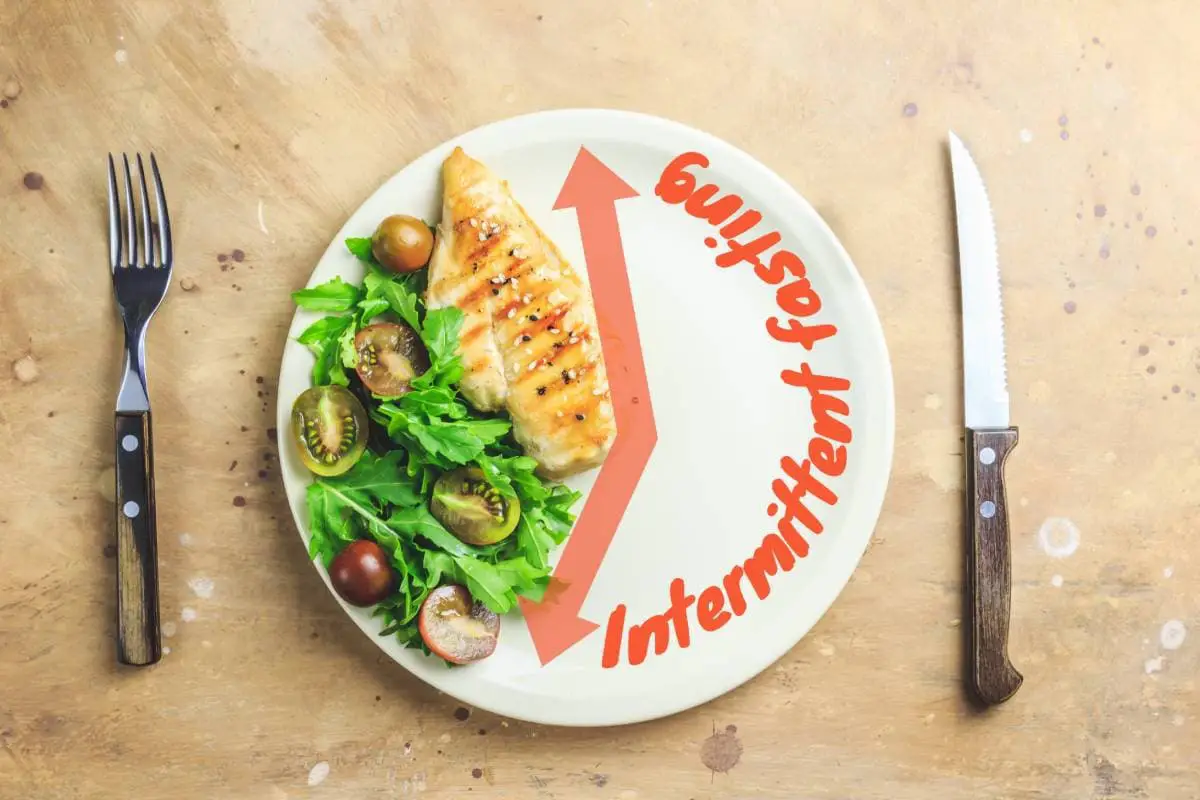We get 20% of our fluid intake from food. Does this mean that when you’re fasting, the percentage drops to 0? Consequently, does that make you more thirsty?
Fasting makes you more thirsty because it eliminates the 20% of fluids consumed through food. It also accelerates the release of water and salt through urine, making the body more thirsty. When fasting, make sure you drink water with a pinch of salt to stay hydrated all day.
In this article, I’ll discuss how fasting makes you more thirsty and how you risk dehydration. I’ll also cover ways to keep hydrated when fasting.

How Does Fasting Increase Thirst?
Fasting increases thirst by increasing diuresis, where the body releases a large amount of fluid and salt through urine. When this happens, the body releases the water and salt retained during a meal. The more you fast, the more your body releases these fluids, making you more thirsty.
Effects of Diuresis
Diuresis impacts the kidney’s functioning by making it filter excessive body fluid. The impacts of this include:
- Excessive urination: Science Direct discusses that a person under diuresis can urinate more than six times a day which is more than the recommended frequency of four to six times for an adult.
- Dehydration: Dehydration occurs when the body eliminates fluids and electrolytes at a higher rate than it can replace them.
- Loss of essential minerals: Excessive urination caused by diuresis causes the body to lose important minerals such as potassium, sodium, and magnesium. These electrolytes are vital for proper body functioning.
How To Stay Hydrated When Fasting
Religious fasting like Ramadan and Lent may exclude the intake of any bodily fluid during the stated period. However, if you’re fasting for other reasons like intermittent fasting, staying hydrated is healthy.
Let’s talk more about how to stay hydrated while fasting.
Avoiding Direct Sun
According to Johns Hopkins Medicine, direct sun increases the body’s temperature, forcing it to cool itself through sweating. The body loses fluids and electrolytes when you sweat. Therefore, avoiding the direct sun will ensure that the body can preserve enough water and prevent dehydration.
Drinking Fluids Regularly
It’s essential to drink fluids regularly when fasting. You can do this by setting the alarm to remind you to drink water or keeping a water bottle within reach at all times. A rule of thumb is to drink eight glasses of water daily.
But what size of glass should you use? Most people have water glasses that hold roughly 15 oz (443 mL). If your glasses are this size, then you probably don’t need a full eight glasses of water.
Just drink until you’re not thirsty and you should be fine.

Consuming Electrolyte-Rich Foods
Electrolytes are essential in managing fluid levels in the body. When you sweat, you lose electrolytes that need replacing. Therefore, it’s necessary to consume electrolyte-rich foods when you’re done fasting.
However, if you need to replenish electrolytes while fasting, there are some electrolyte powders that you can buy to put in your water that won’t break your fast.
Some examples of electrolyte-rich foods are:
- Bananas: They are a good source of potassium, an electrolyte that helps regulate fluid levels in the body.
- Coconut water: It’s a good source of electrolytes such as potassium, sodium, and magnesium.
- Tomatoes: They are a good source of electrolytes such as potassium and magnesium.
Some crucial electrolytes that get depleted when you fast are:
- Sodium: You’ll experience dizziness and headache if your body lacks enough sodium. Therefore, it’s essential to supplement your daily sodium intake if you’ll be engaging in longer fasts that exceed three days.
- Potassium: It regulates fluid levels in the muscles and also helps the nerves in signal propagation.
- Calcium: It’s essential for strong bones and teeth and plays a vital role in aiding in heart health and muscle contraction.
- Magnesium: Besides aiding in sleep, it regulates nerve and muscle functioning.
Avoid High-Intensity Workouts
Although workouts are essential for overall health, it’s best to avoid high-intensity workouts when fasting. This is because strenuous activities cause the body to sweat and lose fluids and electrolytes.
That’s why it’s necessary to replenish these lost fluids and electrolytes by drinking water and consuming electrolyte-rich foods after your fast is over.
Some of the high-intensity workouts to avoid or minimize when fasting include:
- Running
- Basketball
- Tennis
- Cycling
Prioritize Foods High in Water
When you break your fast, consuming foods high in water is essential. This is because water helps hydrate the body and replenish lost fluids.
Some examples of foods high in water are:
- Cucumbers
- Watermelons
- Strawberries
The Risk of Dehydration When Fasting
You risk dehydration if you don’t hydrate while fasting. Dehydration occurs when the body loses more fluids than it consumes and it lacks enough water for optimal functioning.
Some symptoms of dehydration include:
- Extreme thirst
- Less frequent urination
- Dark-colored urine
- Dizziness
- Fatigue
- Headache
- Nausea
- Constipation
- Dry mouth and lips
Urine Analysis
Urine analysis is an excellent way to assess your hydration level. However, it works well when you’re not taking medicines that can change the color of your urine.

Urine analysis functions in the following ways:
- Yellow concentrated urine: You’re dehydrated and need to work on hydrating your body. Yellow urine is a sign that your body is conserving water.
- Light straw urine: You’re adequately hydrated, and your body is functioning correctly.
- Dark yellow or amber-colored urine: You’re likely dehydrated and need to drink more fluids.
- Clear or nearly colorless urine: You’re over hydrated and need to cut back on your water intake.
When To See a Doctor
If you experience severe symptoms of dehydration, such as fainting, rapid heartbeat, or shortness of breath, it’s essential to see a doctor immediately. These could be signs of a more severe condition, such as heat stroke, which can be catastrophic if not addressed urgently.
How Do I Stop Feeling Thirsty When Fasting?
You can stop feeling thirsty when fasting by keeping the body hydrated. Avoiding direct sun, drinking fluids regularly, and avoiding intense workouts are some ways to keep the body hydrated when fasting. These approaches will help you conserve water and reduce feeling thirsty.
Why Do I Pee So Much When Fasting?
You pee so much when fasting due to diuresis. Fasting increases the kidney’s ability to filter body fluids, leading to more peeing. Peeing helps the body excrete excess fluids from increased kidney activities.
How Do You Know if Fasting Is Working?
You’ll know if fasting is working if there is a reduction in abdominal fat and waist size. As you fast, the body is expected to use the fat accumulated in the abdomen and, as a result, reduce the waist size. You may need to fast more if such signs are not evident.
Final Thoughts
Fasting makes people more thirsty by increasing the rate at which the kidney filters body fluids. Urination increases when the kidney filters more fluid. Therefore, more water is lost through urination, making the body thirsty in search of more water.

